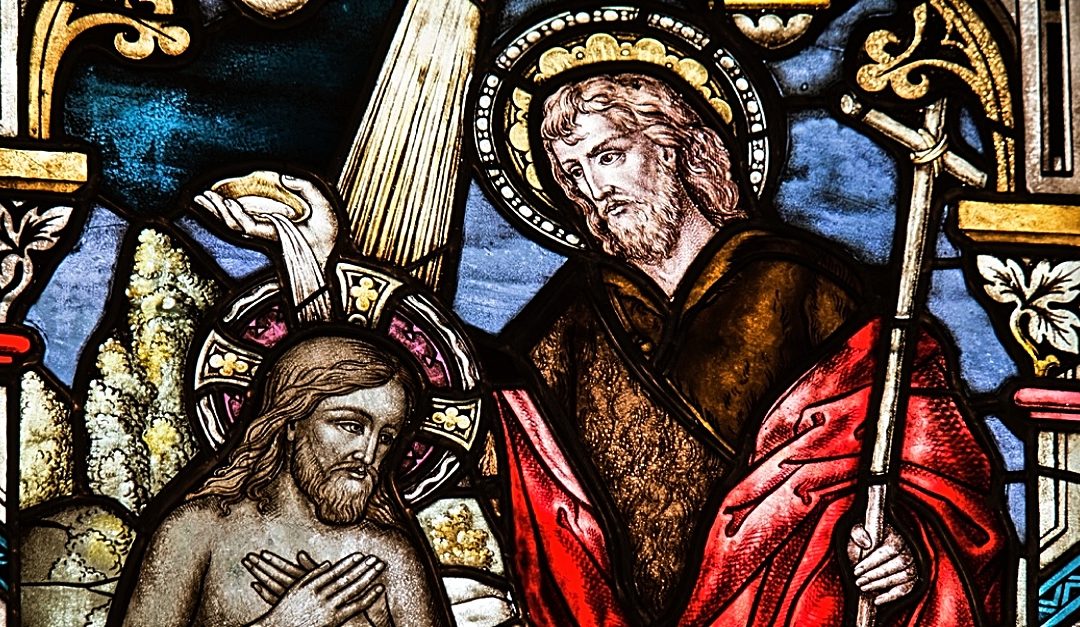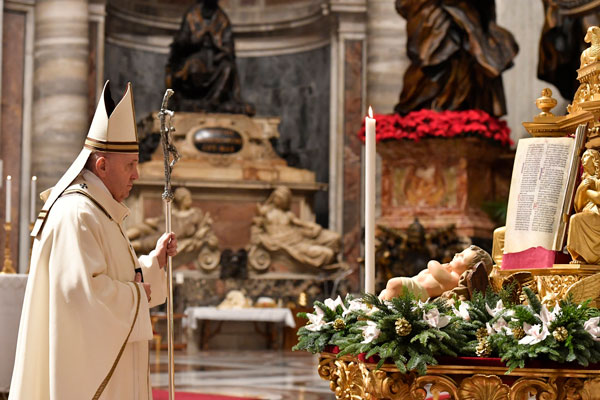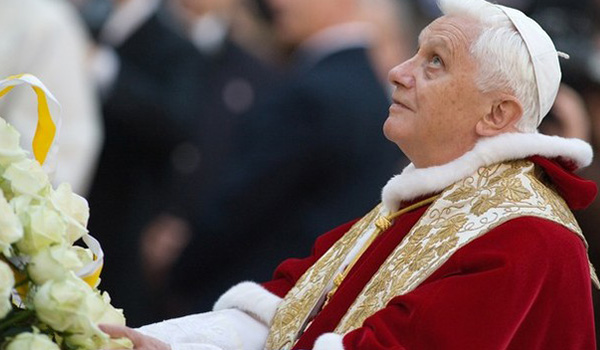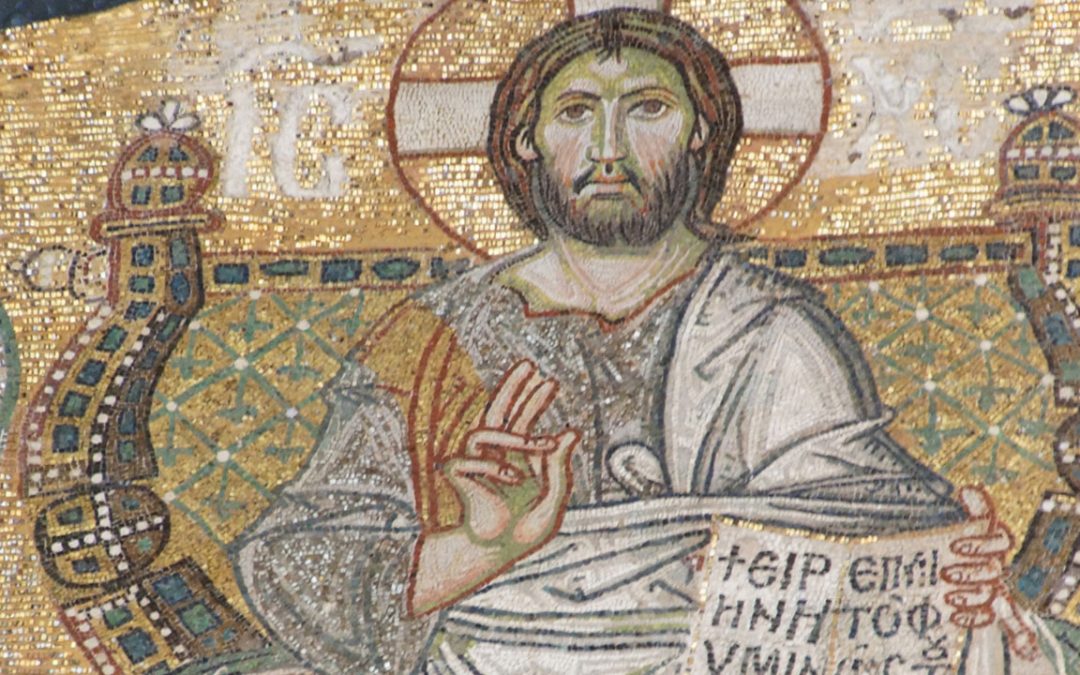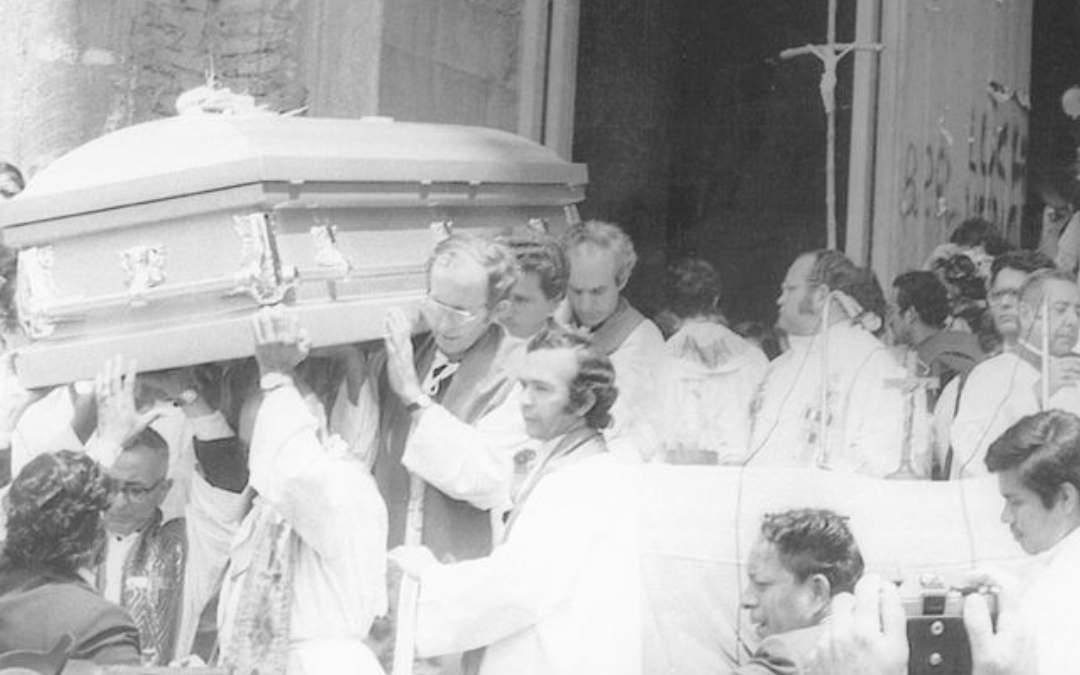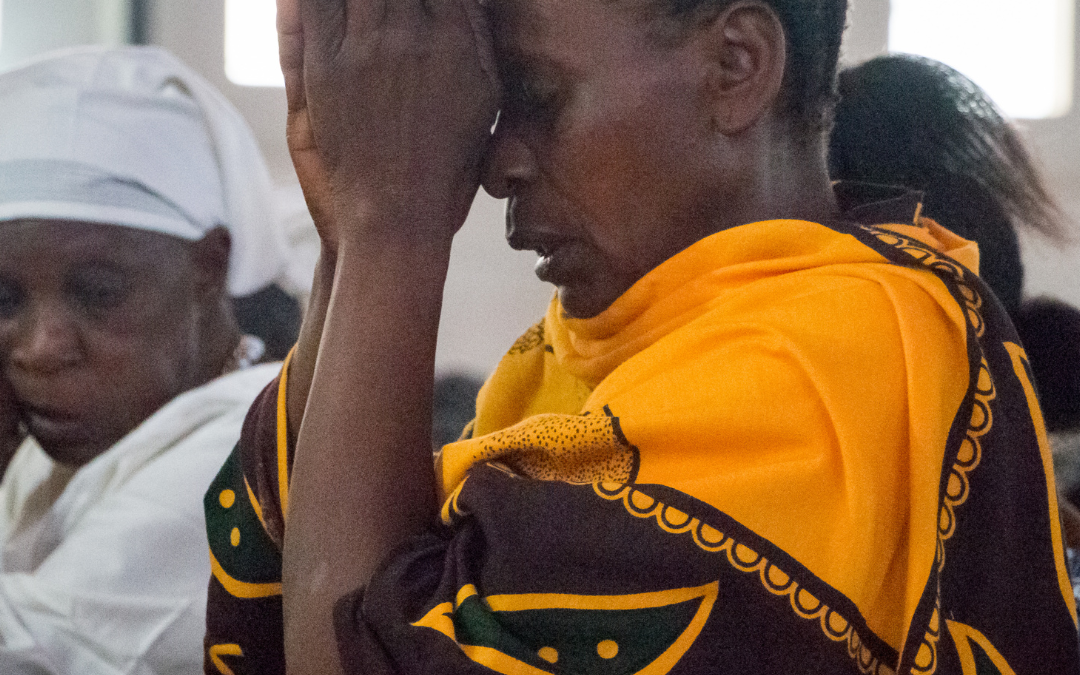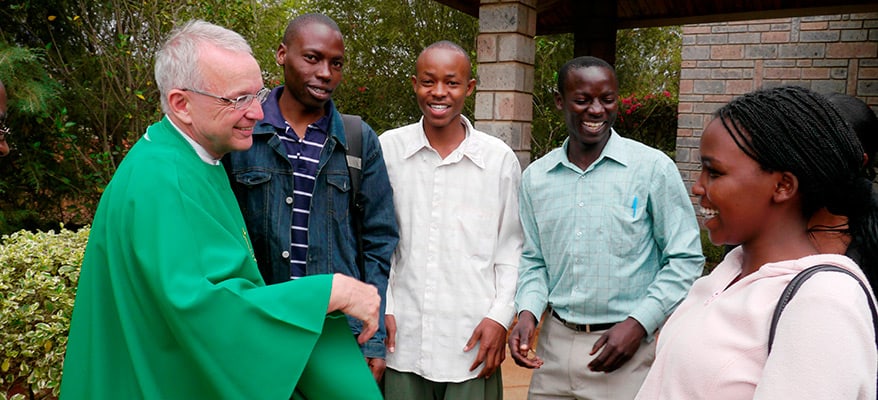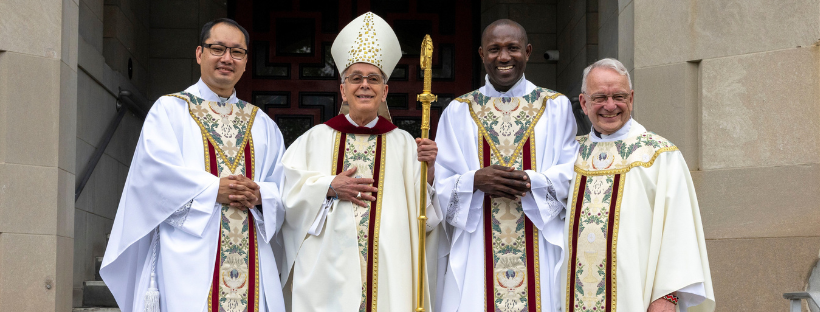
Who Are Truly Blessed? Journey of Faith
Today’s beautiful Gospel from Matthew (5:1-12) contains Jesus’ nine beatitudes; the Gospel of Luke (6:20-23) announces four beatitudes. Commonly translated into English as “blessed,” the word is makarios in Greek and beatus in Latin. Generally, this word means: happy, blissful, joyful, fortunate, fulfilled. It refers to a state of spiritual well-being; one experiences genuine joy in one’s soul. We ask: Who are such persons that deserve to be called “blessed”? Jesus’ answer in Luke 11:28 is clear: “Blessed are they who hear the Word of God and keep it.”
Hearing God’s Word. Authentic hearing of God’s Word means pondering it, taking it to heart. This means allowing it to grow in our consciousness, to challenge our values and attitudes. Right in the vicissitudes of daily life (disappointments, sickness, failure and confusion) as well as in life’s beautiful experiences (friendship, family, blessings and joys) we open ourselves to God’s perspective and his message.
Keeping God’s Word. The second half of Jesus’ admonition focuses on living out God’s Word. This demands committed action: doing God’s Word, observing God’s commands, putting God’s love into concrete deeds, translating God’s message into daily life. While this task has a personal dimension, it also carries a strong social commitment. Examples readily come to mind: promoting social justice, seeking peace and reconciliation, working for the preservation of the environment.
Papal Insights. Recent popes have emphasized integrating the “hearing” and “keeping” of God’s Word; one must be a “listener” and a “doer”! Evangelization demands both contemplation and concrete action. Recall the insight presented by Pope Paul VI in Evangelii Nuntiandi (41): “Modern people listen more willingly to witnesses than to teachers, and if they listen to teachers, it is because they are witnesses.”
Pope John Paul II refers to this insight of Paul VI in Redemptoris Missio (42): “People today put more trust in witnesses than in teachers, in experience than in teaching, and in life and action than in theories.” Pope Francis combines “hearing” God’s Word as disciples and “doing” the Word as missionaries in Evangelii Gaudium (120): “we no longer say that we are ‘disciples’ and ‘missionaries,’ but rather that we are always ‘missionary disciples.’”
First to be Called Blessed. The New Testament reveals that the first person to receive the honor of being called blessed is none other than Mary herself. Luke, describing the scene of the visitation (1:41-45), notes that “Elizabeth was filled with the Holy Spirit. She gave a loud cry and said, ‘Of all women you are the most blessed, and blessed is the fruit of your womb…. Yes, blessed is she who believed that the promise made her by the Lord would be fulfilled.’”
Mary is blessed precisely because she believed; she believed God’s word spoken through the angel; she believed and gave her whole-hearted fiat to her Lord. We pray: Blessed Mary, Star of Evangelization, strengthen our faith to truly become your Son’s missionary disciples!
James H. Kroeger, M.M.
Mother Mary, have mercy on me
who come to you in my poverty and need.
May I truly number the poor and lowly
as precious children of God
and honor the meek and lowly as
true receivers of God’s singular grace.
I dare to come before your throne,
O Queen of Apostles and Mother of God,
to learn to walk the way of discipleship
with empty hands that I might receive
blessings from God, Most High,
to share with all I meet;
with open heart that I might love
all my brothers and sisters in Christ;
and with an open mind that I might see
all whom Jesus, your Son, called
truly blessed.
May God’s blessings flow through me
to everyone I meet this day
that all might be filled with grace
to overcome adversity and despair.
Help me, Most Holy Virgin, to follow
your example by letting the Word
become flesh in everything I do
to transform myself into a living
blessing for others.
Amen.
Prayer by Father Joe Veneroso, M.M.
